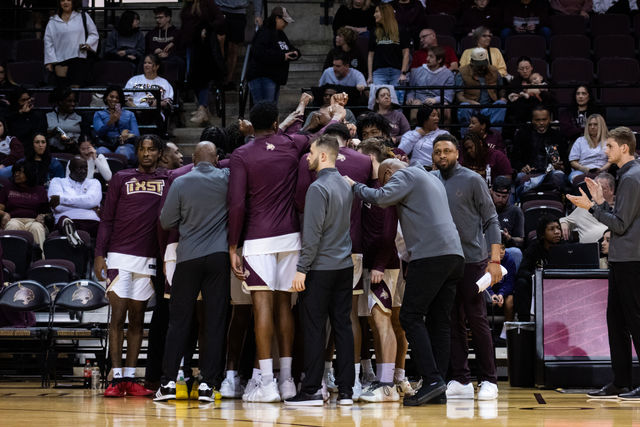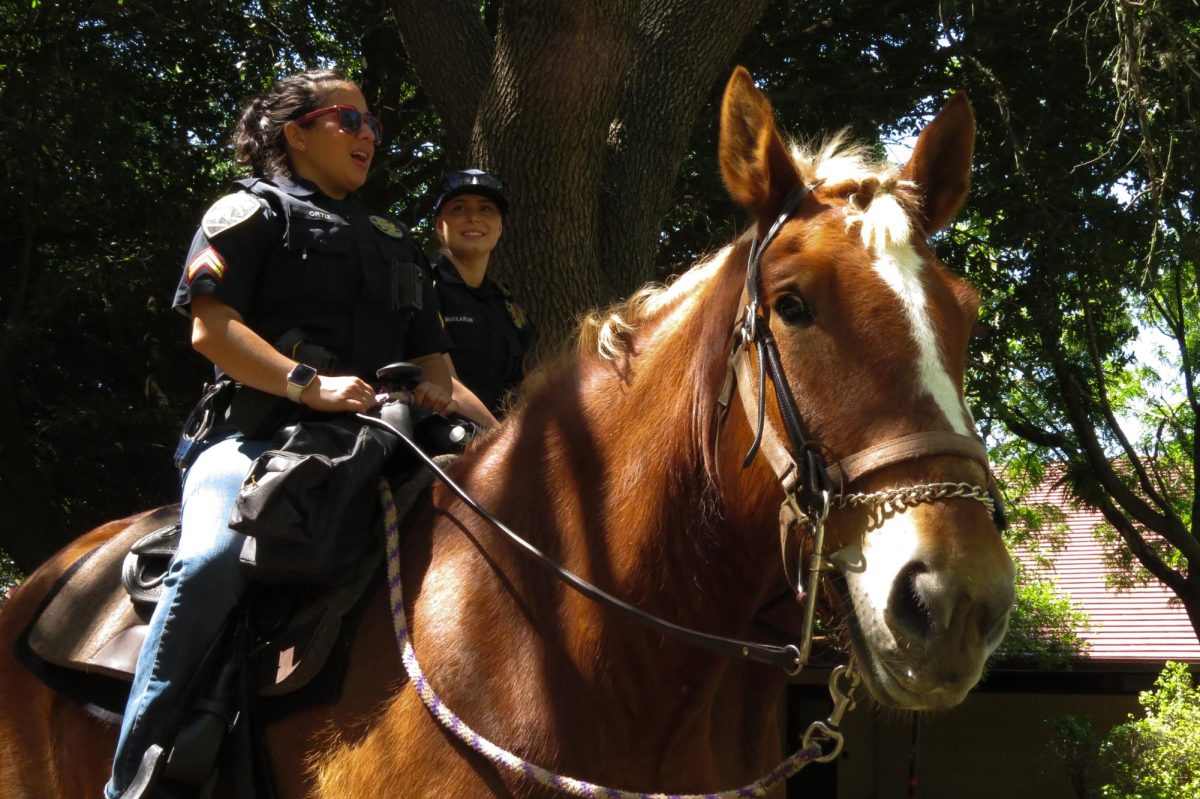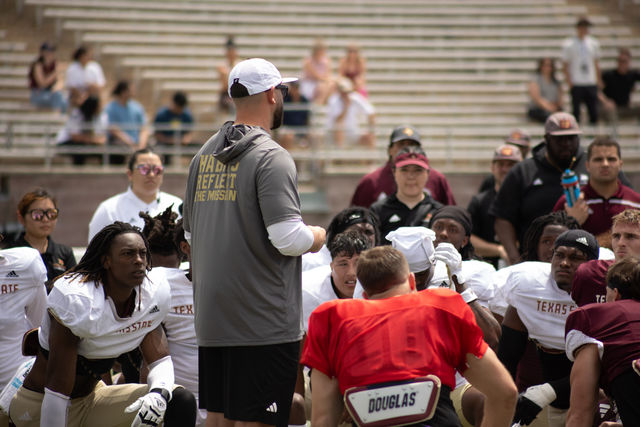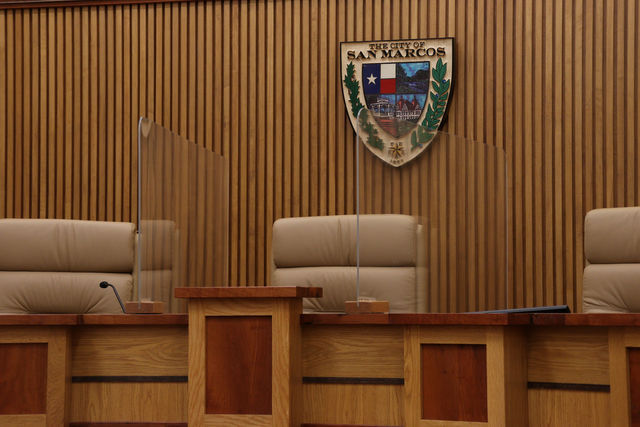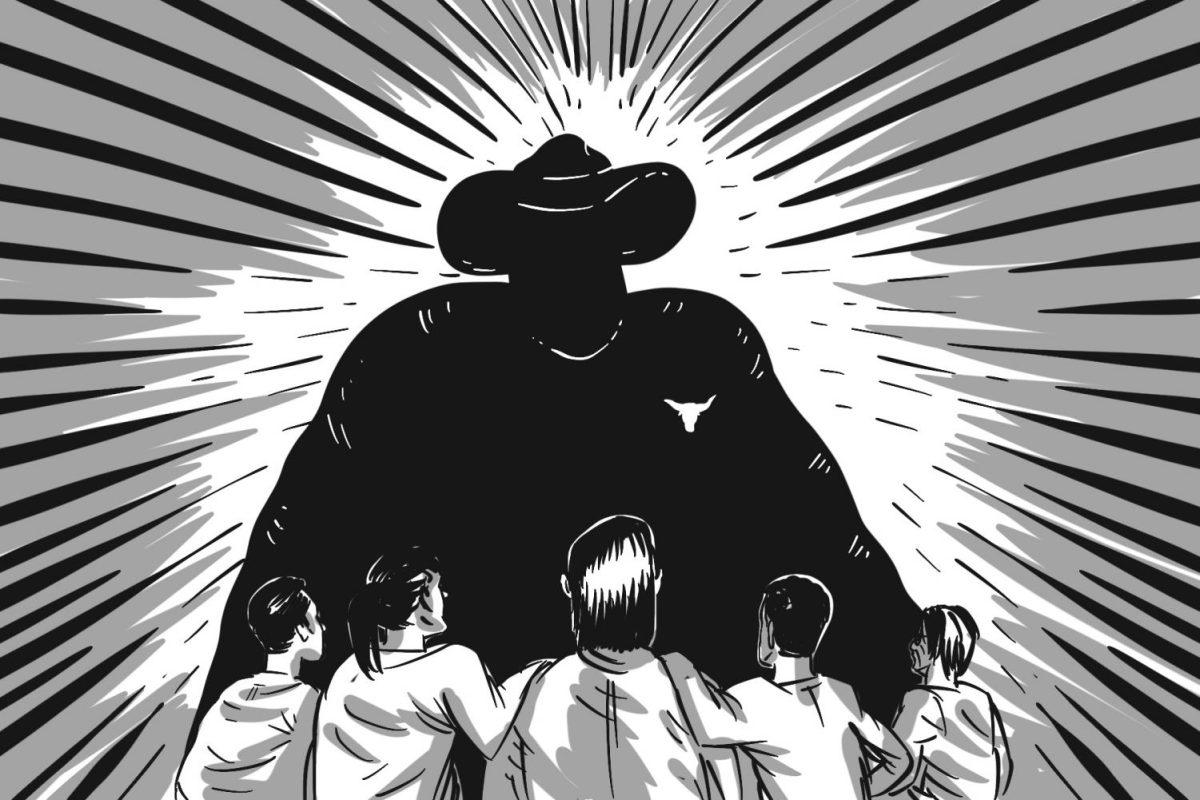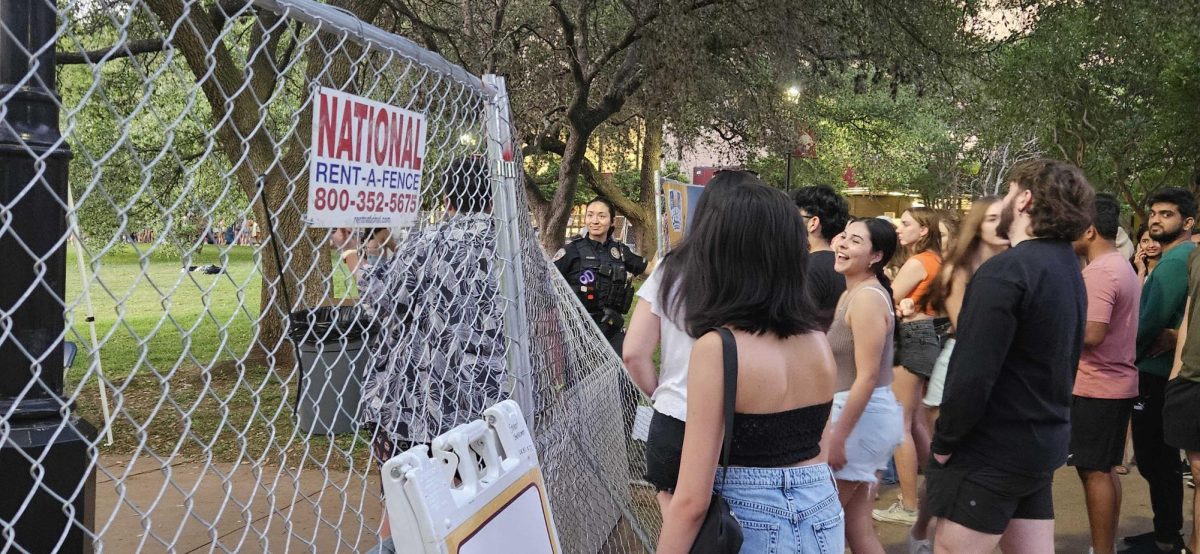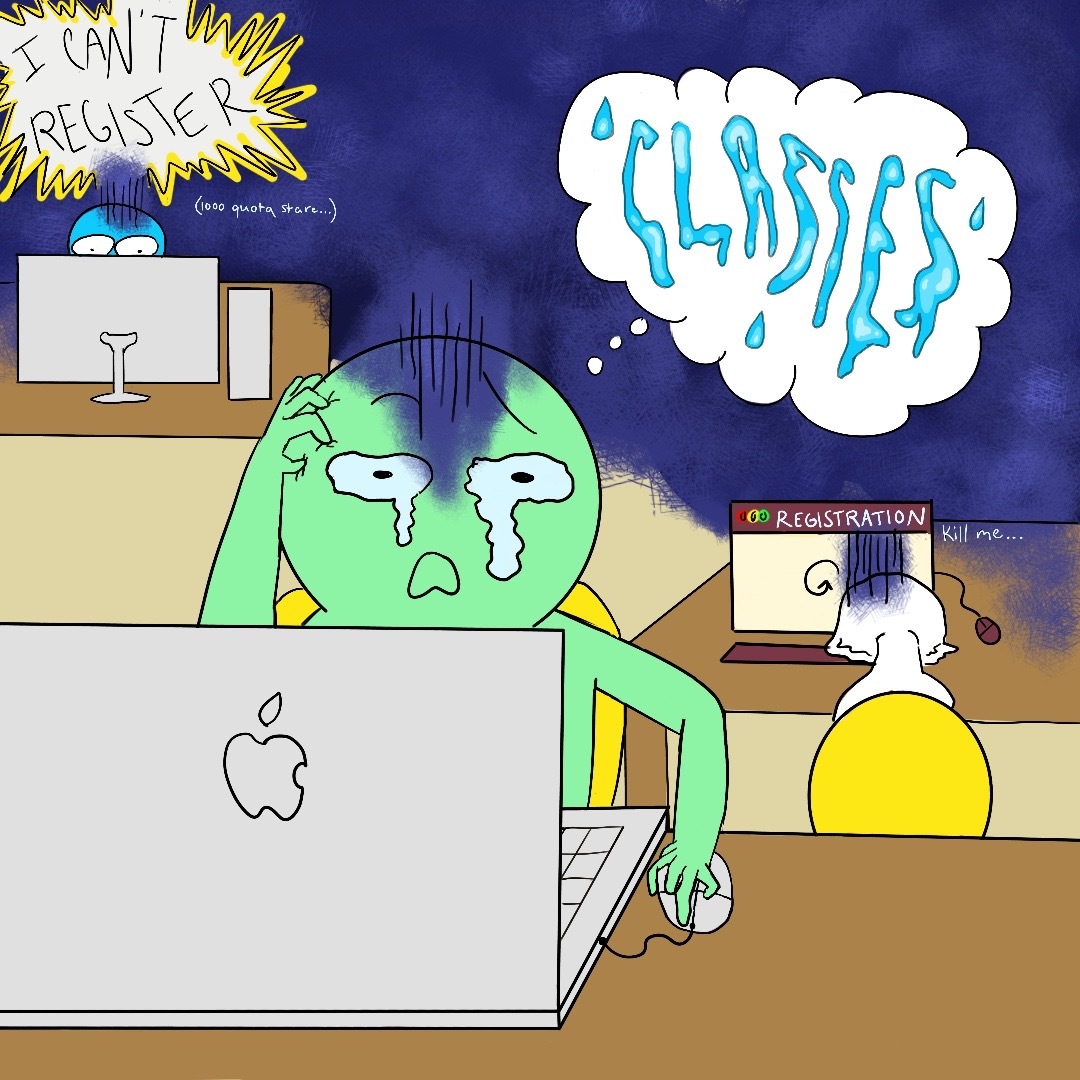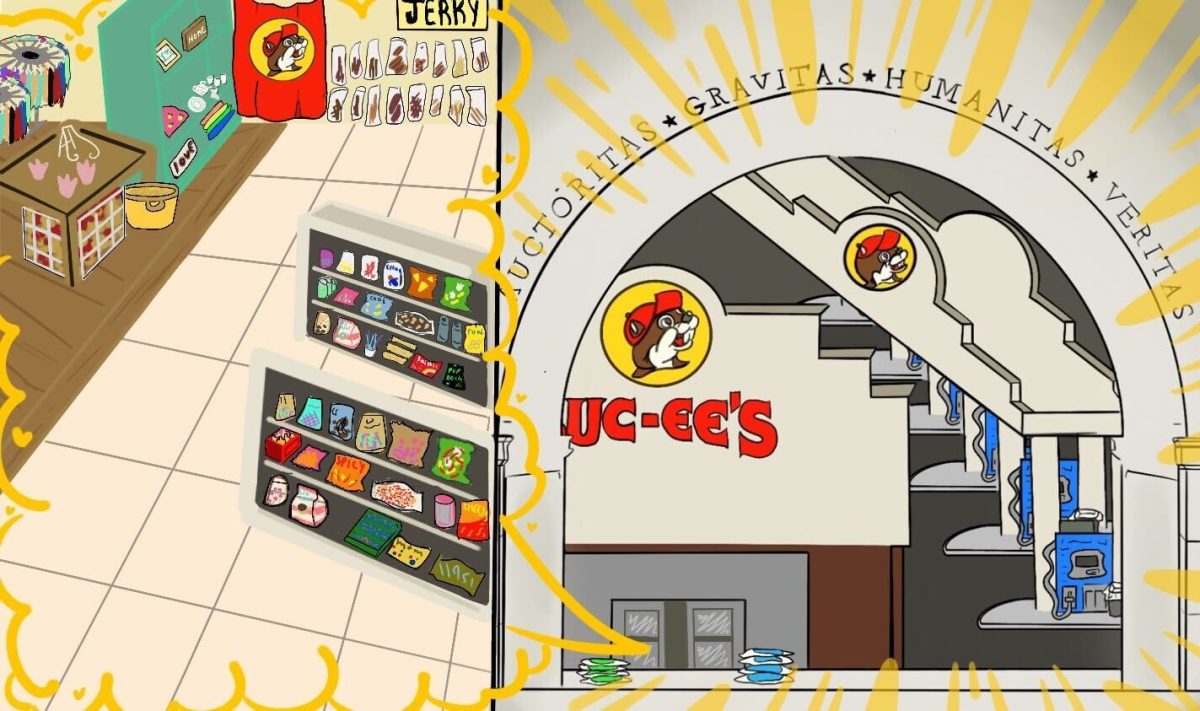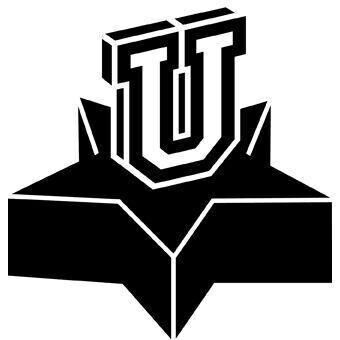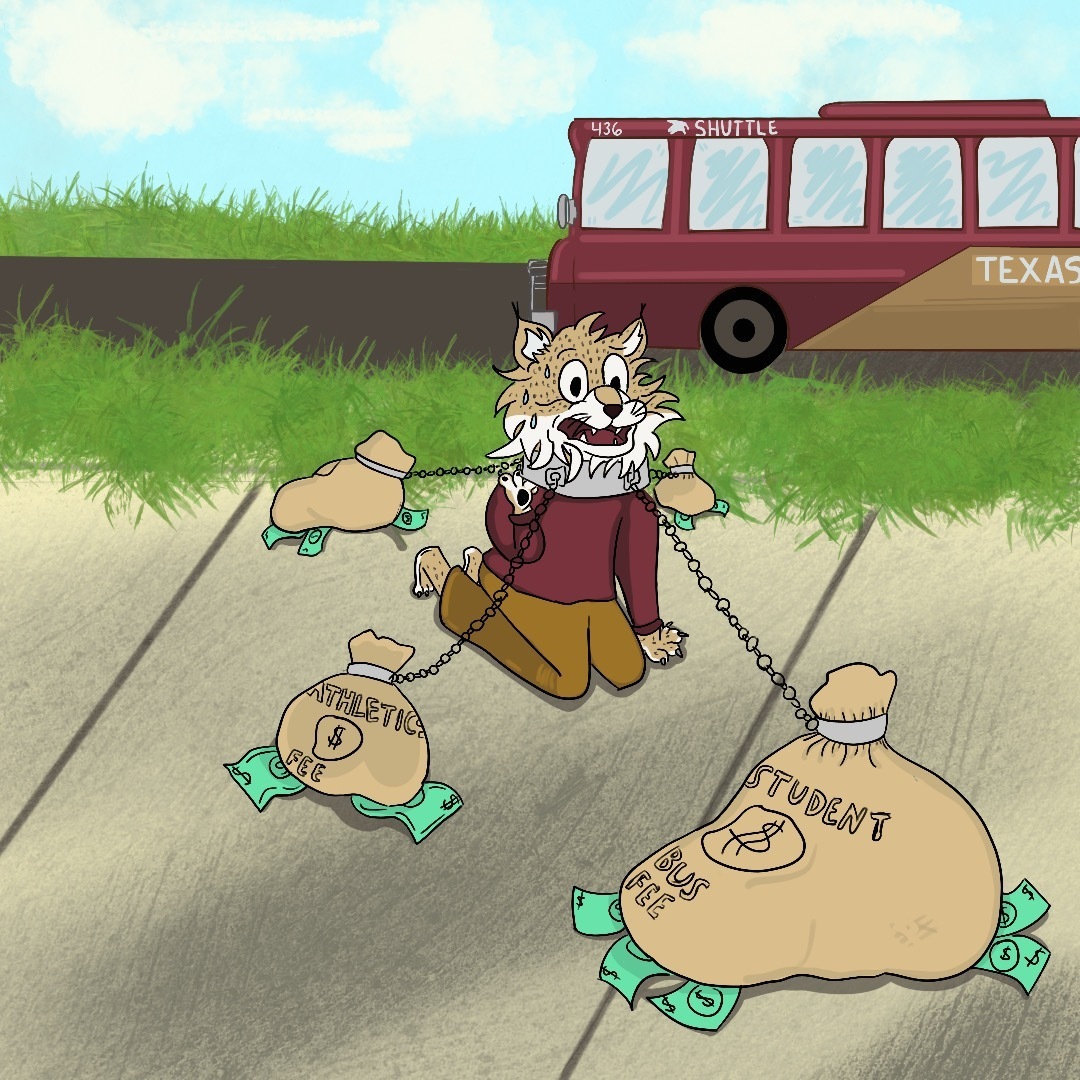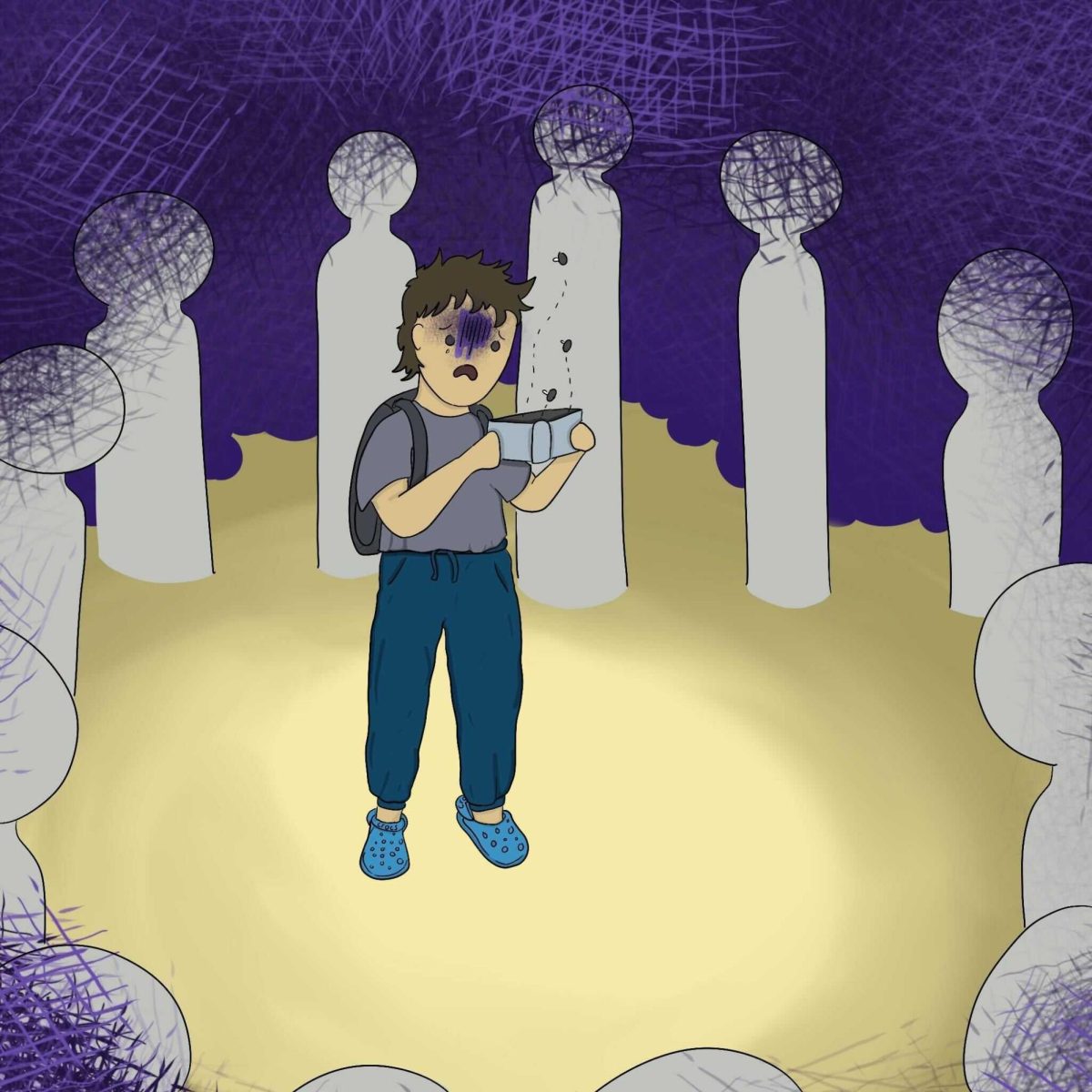More than 60 years ago, three ancestors were removed from their resting places in Hays County, then taken to the University of Texas at Austin’s Texas Archaeological Research Laboratory (TARL). Now, the Miakan-Garza Band of the Coahuiltecan people has fought through a years-long process to bring these ancestors home for an appropriate reburial.
TARL has met this request with a resounding denial, but the Miakan-Garza Band is not giving up.
The study of archaeology often involves bones, stored in climate-controlled warehouses for scientific analysis and measurement. Researchers learn all about each one, carefully cataloging its markings, estimating the age of the person it belonged to and using it to extrapolate how long dead human beings may have lived. But where did these bones come from?
Often, American institutions—universities, museums and the like—excavate bones from Native American burial sites without regard for cultural sensitivity or their connected ancestors. After centuries of exploitation of Native Americans, these institutions have an ethical (and often a legal) responsibility to return human remains and stolen artifacts to Native people.
Since 1990, the Native American Graves Protection and Repatriation Act (NAGPRA) has mandated that ancestors’ remains be returned to their surviving descendants. It applies to any institution which receives federal funding—like UT’s TARL. However, TARL has gotten around this requirement by claiming that the remains the Miakan-Garza Band is claiming are “culturally unidentifiable.” TARL cannot ascertain a shared identity between these three ancestors and the Miakan-Garza Band.
While the Miakan-Garza Band of the Coahuiltecan people is not federally recognized, it holds state recognition. It has also been active in the San Marcos community for years, sponsoring the annual Sacred Springs Powwow and operating the Indigenous Cultures Institute. Their documentation to rebury the remains of ancestors found in Hays County proved sufficient for Texas State and San Marcos, which not only repatriated ancestors’ remains but designated the Sacred Springs Reburial Ground for repatriation of Coahuiltecan remains.
What TARL fails to recognize is that many Native peoples of this area, including the Coahuiltecans, were exterminated and assimilated by invaders long ago. The Indigenous Cultures Institute is doing all it can to keep Coahuiltecan and other south Texas and northern Mexico Native languages and cultural practices alive. However, it is impossible to bring back much of what was stolen from them by settlement.
Resting the burden of proof on the Miakan-Garza Band, or any Native tribe with or without federal recognition is one of the many vagueries that institutions have employed when shying away from compliance with NAGPRA.
A U.S. Government Accountability Office (GAO) audit once showed the NAGPRA office is afflicted with poor resources and record-keeping that leave Native people in the dark when it comes to notification and repatriation—a power structure which has consistently left Native Americans behind.
In 2016, Texas State did the right thing in carefully considering the requests made by the Miakan-Garza Band and consulting with other area tribes about the repatriation of ancestral remains. TARL must follow and lay the ancestors they have no rightful claim over to rest.
– Toni Mac Crossan is a Biology graduate student
The University Star welcomes Letters to the Editor from its readers. All submissions are reviewed and considered by the Editor-in-Chief and Opinion Editor for publication. Not all letters are guaranteed for publication.

